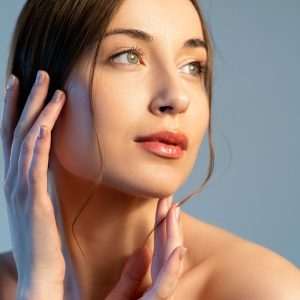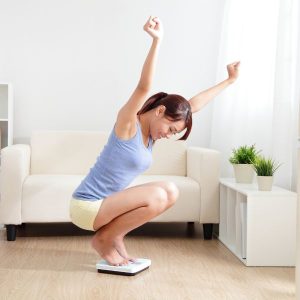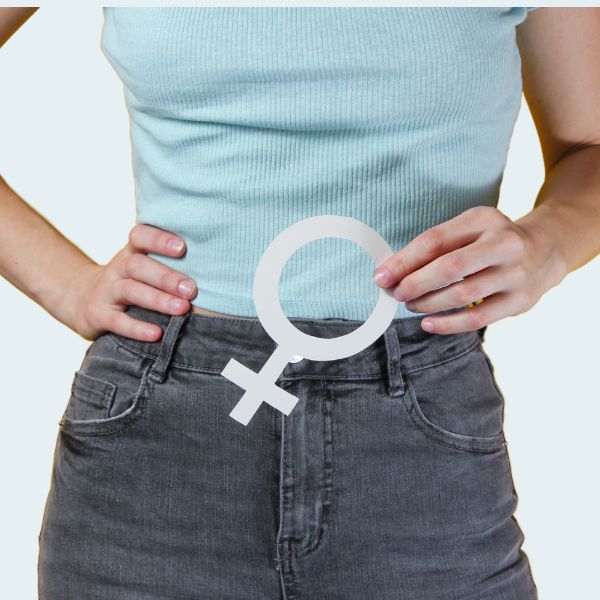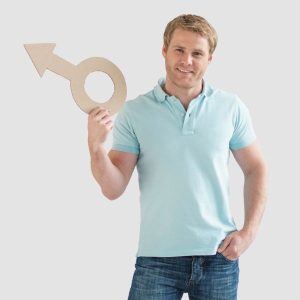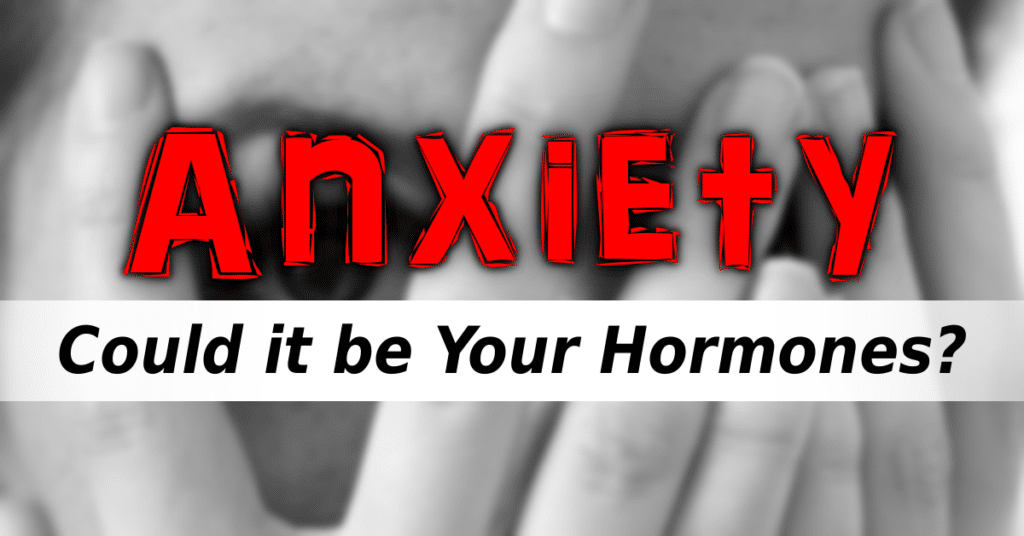
Over the past two decades, anti-depressant and anti-anxiety medication use has skyrocketed! Back in 2010, statistics showed that more than 1 in 5 Americans were taking a medication for anxiety or depression, and that number has only continued to increase since then. Less than a third of Americans who are taking a antidepressants have actually even seen a mental health professional. Women in their 40s and 50s, are the highest user group, with nearly 1 out of 3 women taking an antidepressant. Women are also 2½ times more likely to be taking an antidepressant than men. So why is there such a big difference between male and female use?
How Can Hormones Affect My Moods?
Depression and anxiety are one of the most common symptoms of hormonal imbalance. Women are more likely to experience the effects of hormonal imbalance as they approach mid life (the same demographic with the highest antidepressant use). This is certainly not a coincidence! Many people, including many mainstream practitioners, fail to see the connection between hormones and our mental health.
Hormones not only affect our reproductive systems and physical characteristics, but also affect almost every aspect of our bodies and minds. Our hormones are taken up by a multitude of receptors throughout the body for its various functions. We actually have receptors in our brains for hormones that directly affect the way we think and feel. There is a direct correlation between the rise in anti-anxiety medication use and a rise in hormonal imbalance. There are many causes for this rise in hormonal imbalance, including birth control pills, environmental toxins, pesticides, chronic stress, and other modern causes.
The Affects of Progesterone on Your Brain
In women, the primary hormone that is lost with age is progesterone. With this loss of progesterone, a woman’s body is left in a state of hormonal imbalance called Estrogen Dominance. By not having enough progesterone in their body to balance out the estrogen, a woman can begin to experience all of the symptoms of hormonal imbalance, including weight gain, fluid retention, irregular / heavy periods, insomnia, and anxiety / depression. Progesterone is a very calming hormone. It helps to alleviate stress and anxiety, and also promotes restful sleep. To learn more about Estrogen Dominance, Click Here.
What About Men?
Men can also experience anxiety and depression as a result of hormonal imbalance. Men undergo a process called Andropause, in which their level of Testosterone has declined to sub-optimal levels. Men begin loosing their Testosterone at a rate of approximately 1-2% per year after it peaks in their mid to late 20’s. By the time a man is in his 40’s he has likely lost a good amount of Testosterone and can begin to experience the negative effects, including weight gain, low energy, decreased muscle mass and strength, lowered libido, and anxiety / depression. Addressing a man’s hormonal decline can improve his moods and alleviate anxiety and depression. To learn more about Andropause, Click Here.
Treating Hormonal Imbalance
Psychotropic drugs are not the answer. Drugs do not address the actual cause of anxiety and can also come with many side effects, including addiction. If hormonal imbalance is the cause, then getting your hormones back into balance is the logical solution. By replacing your declining hormones with bio-identical hormones you can correct the underlying cause of your symptoms effectively and safely.
Bio-identical hormones are not the same thing as conventional, drug hormones. For a drug to be patented it can not exist in nature naturally. Therefore, pharmaceutical companies must create a substance that is foreign to your body so that they can get a patent and market it to you and your physician. To learn more about the difference between synthetic and bio-identical hormones, Click Here.
How Can We Help You?
At the Dr. Shel Wellness & Medical Spa we treat the whole person, not just their symptoms. We take the time to get to the root causes of your symptoms and treat them naturally. Request a consultation with one of our wellness consultants by calling (281) 313-7435, or by submitting a Consultation Request Form. We would love the opportunity to speak with you and help you onto a path of health and wellness!






